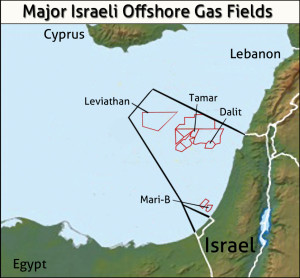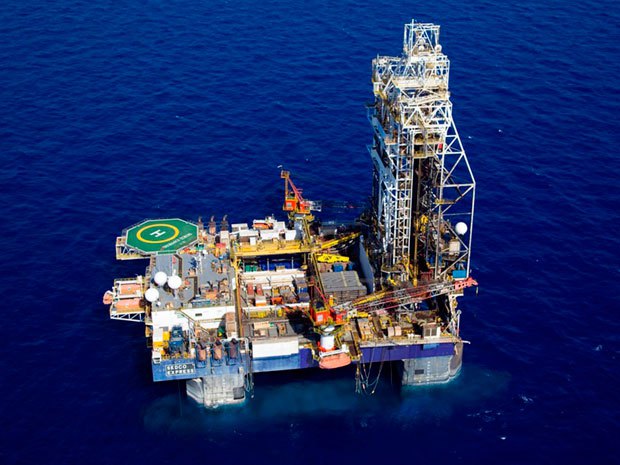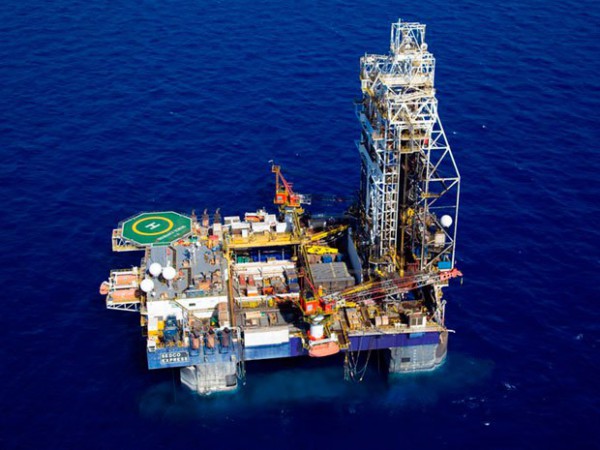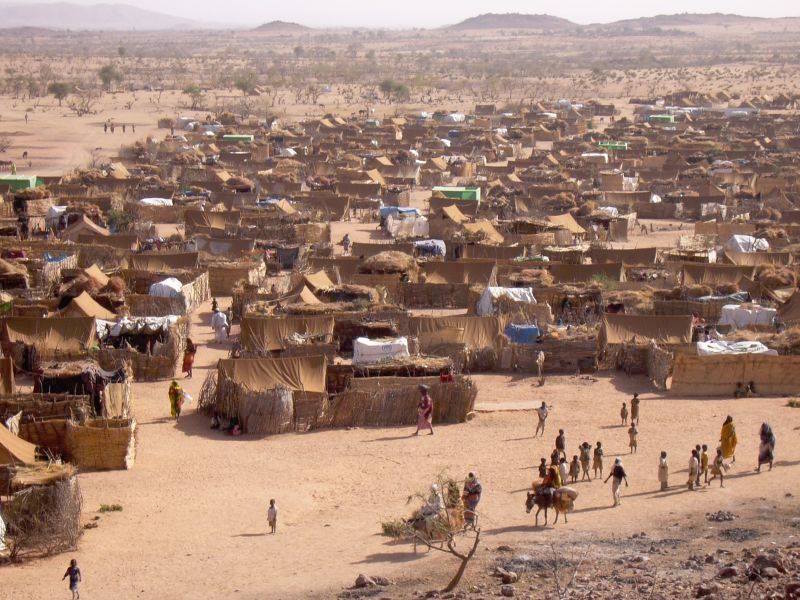A decade ago, Israel’s natural gas market was virtually non-existent. Today, the country is poised to capitalize on the discovery of massive natural gas reservoirs off the coast of the Eastern Mediterranean, providing the country with a deeply needed level of energy independence and possible geopolitical clout in the region.
An unprecedented discovery of offshore wealth, Nobel Energy, Delek Group, along with a consortium of other Israeli companies discovered the Tamar field, in 2009. The deposit, which holds an estimated 8.5 trillion cubic feet of natural gas – represents two decades of Israel’s domestic energy demand, saving the economy some 3.5 billion annually.

The discovery of the Tamar field was only the beginning. The amount of gas discovered the following year now dwarfs any feasible, projected Israeli demand for at least half a century. Appropriately called Leviathan, the field alone is estimated to contain about as much gas as Europe consumes annually. More may lie beneath the Mediterranean Sea. In 2010, the United States Geological Survey (USGS) estimated prospective resources in the Mediterranean’s Levant Basin at approximately 122 to 227 trillion cubic feet of recoverable natural gas – an amount of natural gas representing about one-tenth of Russia’s known reserves.
These discoveries are an economic “game-changer,” believes Shaul Zemach, director general of Israel’s Ministry of Energy and Water Resources. If commercially viable and recoverable, the reserves will generate new business opportunities across multiple sectors, providing the country with energy autonomy and possibly shaping broader regional dynamics in Israel’s favour.
Background
Long bereft of the petroleum bonanza that birthed the modern Middle East, Israel suddenly finds itself a major player in the Mediterranean. Previously, Israel has depended on external imports to meet most of its energy needs, spending over five percent of its GDP annually on energy products.
Ever mindful of the risks associated with energy dependence, both the instability of the global energy market and the unreliability of the country’s regional neighbors, Israel has eagerly sought energy autonomy. In recent years, the country has undergone significant changes in terms of fuels. Since 2000, natural gas has become the primary preferred fuel for the country’s major industries. Cheaper than oil and cleaner than coal, Israel, like many countries around the world, has since openly embraced the economic and environmental benefits of natural gas. Since 2006, consumption of gas in Israel has grown by more than 300 percent. By 2015, fifty percent of Israel’s electricity will be generated from natural gas.
Domestic Considerations
Unprepared for the breadth of the recent natural gas discoveries, Israel has been working rapidly to establish a regulatory framework that will support resource development in a responsible and sustainable manner. The government mandated the creation of an inter-ministerial committee, tasked with overseeing the management of the nation’s newfound energy abundance and developing a clear export policy.
The cabinet approved plans to export forty percent of the country’s reserves, rather than the committee’s original fifty-three percent cap suggestion. The decision, which seeks to balance the need for long-term energy security with the equally important mission of bolstering the industry, is widely contested. Israeli opposition politicians have banded together to champion prioritizing the country’s domestic energy needs. They argue that the government’s decision will benefit Israel’s gas tycoons, while denying the public the benefits of long-term energy independence.
While the reasoning of the opposition group is sound, they fail to consider two crucial arguments. First, the decision allocates only forty percent of the country’s reserves for exportation, leaving sixty percent for domestic use – enough natural gas to meet Israel’s energy needs for the next century. Second, a policy focused purely on the satisfaction of the domestic market is misguided. If the exportation of natural gas were not permitted on a large scale, there would be no need for further investment in the search for and development of new fields. This would result in considerable ‘value leakage’ for both government and developers. Finally, the opposition should not underestimate the benefits of foreign investment in Israel, which would allow the country to use its newfound resources to create strategic relationships with countries in the region, enhancing Israel’s national security.
Regional Obstacles
Perhaps the most poignant of all questions facing Israeli policy makers is how the discoveries will affect the country’s standing in the region. Regional instability and shifting alliances have reinforced the perception within Israel that the country must achieve energy independence. Energy security – both the security of infrastructure and security of supply, have been the primary force behind the expansion of Israel’s natural gas market.
The promise of new energy may help improve regional relationships, but Israel must navigate a landscape with as many options as challenges. While regional disputes could limit cooperation, Israel appears moderately successful in securing multiple export partners. Israel has sought ties with the relatively stable and amenable nations of Jordan, Turkey and Egypt to mitigate the risk of political challenges and maximize its commercial leverage.
The Hashemite Kingdom of Jordan is the easiest and least expensive destination for Israel’s natural gas. Importing over 97 percent of its fuel needs, 88 percent of which consists of natural gas, Jordan is a viable partner for Israel. A fifteen-year deal between the two countries reached earlier this year will supply Jordan with $15 billion worth of natural gas, the largest collaboration with Jordan to date. In Egypt, soaring energy demand and a growing population have left Egypt’s liquefied natural gas (LNG) plants in desperate need of replenishment. According to Hafez El Salmawy, managing director of the Egyptian Electric Regulatory Agency, the country now lacks at least twenty percent of the natural gas it requires to properly power its electricity plants. In desperation, Egypt has turned to Israel, a former export destination of Egyptian gas, to meet its demand. Just two years after Egypt canceled the unpopular 20-year export deal between the two countries, the Egyptian government is looking to buy Israel’s newly discovered natural gas for at least four times the price.
Economic and political considerations are intertwined for Israel, Cyprus, and Turkey, as each country’s government and commercial partners deliberate how best to develop their respective natural gas fields. While cooperation is needed due to Turkey’s rapidly increasing energy shortages, the creation of an Israel-Turkey pipeline remains currently impossible. Frosty ties still linger between Israel and Turkey due to the Mavi Marva incident in 2010. Further deterioration appears inevitable, as Israel seeks energy cooperation with Cyprus, a viable gateway to European and Asian energy markets. Turkey, which holds sovereignty over the northern part of Cyprus, objects to the development of gas fields surrounding the island. Turkey’s Deputy Minister for Energy and Natural Resources Murat Mercan has previously warned that any energy cooperation between the two nations would stand in the way of the proposed pipeline.
The discovery of huge offshore natural gas reserves in the Eastern Mediterranean will profoundly transform Israel’s economy and the region’s stability. While it is too soon to predict the geopolitical repercussions of these discoveries, energy has the potential to reshape dynamics across the Mediterranean. The opportunity to improve relations however will be hampered by the region’s pervasive political instability. Navigating the many infrastructural and political challenges will require a balance between diplomacy and commercial viability. “Gas is always very political,” says Brenda Shaffer, an expert on natural gas at Israel’s Haifa University. “The politics have to support the commercial interests, but if the commercial interests aren’t there, the politics are not enough.”





